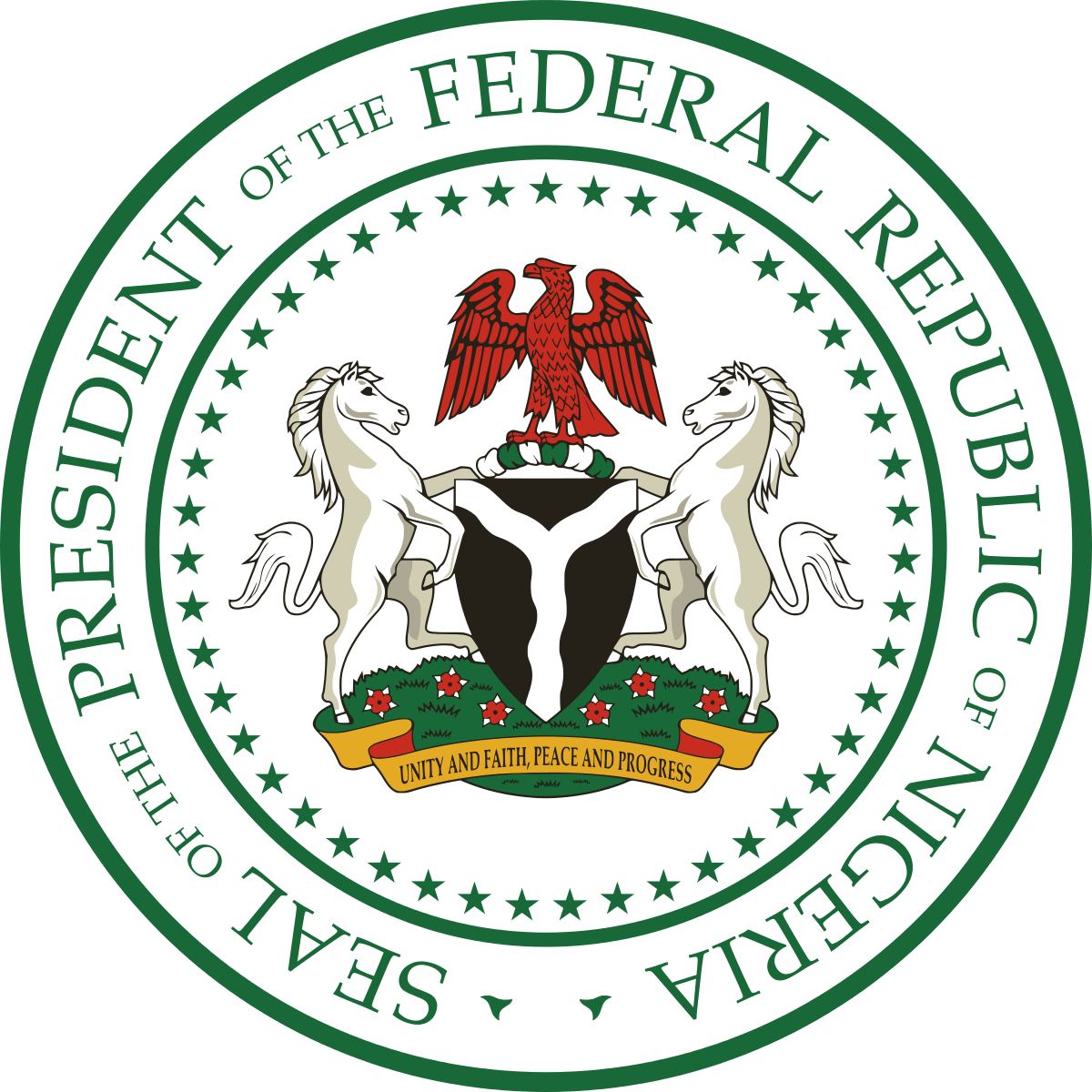By Tosin Kolade
The visa policies between Nigeria and the United Arab Emirates (UAE) have been a topic of intense debate in recent months.
Dubai is a popular destination for Nigerians, both for tourism and business. However, recent changes in visa regulations have sparked controversy and raised several issues.
It may be recalled that Dubai’s Emirates Airline stopped flights to Nigeria because it claimed Central Bank of Nigeria did not remit around $85 million in earnings to UAE.
Following several meetings with the UAE government, the Nigerian government assured its citizens that the visa ban would soon be lifted.
That same month, the Nigerian government announced that it had paid 98 percent of the $85 million.
In October 21, 2022, the UAE announced a more stringent visa policy for Nigerian citizens and 19 African countries, citing security concerns and the need to regulate the influx of visitors.
The new policy includes more rigorous application processes, higher fees, and stricter scrutiny of visa applicants.
The immediate impact of the new policy has been felt by many Nigerians who had plans to travel to Dubai for various purposes.
Business owners who frequently travel to Dubai for trade and commerce have reported significant disruptions to their operations.
Tour operators have also seen a drop in bookings as potential tourists are deterred by the complicated visa process.
The economic and tourism implications of this policy change are significant.
Industry watchers believe that Nigeria is one of Dubai’s key markets in Africa, and the reduction in Nigerian visitors could affect Dubai’s tourism and retail sectors.
One of those affected by the new visa regulations is Hajiya Amina Yusuf, a Nigerian businesswoman who imports fabrics and jewelry from Dubai.
“This new policy has been a nightmare for my business, I have had to cancel several orders because my staff can’t get visas to travel to Dubai and inspect the goods before paying.”
For Chinedu Okeke, a tour operator in Abuja, the new visa rules led to a dramatic drop in bookings.
“Dubai was a top destination for Nigerian tourists, Now, many of my clients are looking elsewhere because the visa process is just too complicated and expensive”, Okeke said.
Adeola Adebayo, a Nigerian student who planned to attend a conference in Dubai, shared her disappointment.
“I was really looking forward to networking and learning at the conference, but my visa application was denied. It’s frustrating because it feels like our opportunities are being limited”, she said.
Public reaction in Nigeria has been mixed. Some citizens support the government’s call for a reconsideration of the policy, viewing it as an unfair restriction.
Others see it as an opportunity to boost local tourism and business, suggesting that Nigerians should explore other destinations and markets.
A Public Affairs Analyst, Mr John Ikwebe, said the visa restriction was a double-edged sword.
“While they may address security concerns, they also hinder economic and cultural exchanges that benefit both nations.”
Ikwebe noted that it was crucial for both countries to find a middle ground that addresses security issues without stifling economic growth and people-to-people connections.
The visa issue has also strained diplomatic relations between Nigeria and the UAE.
Nigerian government officials have expressed their dissatisfaction with the new policy, urging the UAE to reconsider its stance.
In response, the UAE had emphasised its sovereign right to regulate its immigration policies while expressing willingness to engage in diplomatic dialogue.
However, on July 15, 2024, Nigeria’s Information Minister, Mohammed Idris, announced that the ban “has been lifted following a mutually beneficial discussion” between Nigeria and the UAE”.
Idris said the Federal Government and the UAE authorities have reached an agreement vacating travel restrictions imposed on Nigerians with immediate effect.
The minister revealed that Nigerian passport holders can now travel to the UAE without any hindrance.
He also asked Nigerians seeking information on the updated UAE visa conditions can visit documentverificationhub.ae for further details.
He said, “I can tell you that the agreement has been reached and effective from today, Nigerian passport holders intending to travel to the UAE are able to do so.
“You are aware that Nigeria has been discussing with the United Arab Emirates the issue of visas for Nigerian passport holders going to the United Arab Emirates.
“Today, an agreement has been reached on that, and effective from today 15th July, Nigerian passport holders are able to obtain visas to go to the United Arab Emirates.
“Details of that will be provided to you later today when we put out a statement.”
As the conversation unfolds, United Arab Emirates say it is considering slashing visa and Document Verification Number (DVN) for Nigerians.
Following the recent lifting of the visa ban, the UAE imposed more controls on the visa process, requiring document verification to ensure the authenticity of documents submitted by applicants.
The DVN fee was structured at N640, 000 by the website managing the DVN process.
Additionally, a bank balance of N15 million was requested as a precondition to obtain a visa.
Looking ahead, the future of Nigeria-Dubai visa relations remains uncertain.
Experts say both nations have a vested interest in maintaining a positive relationship, and ongoing negotiations could lead to a more balanced policy.
They believe that as both countries navigate these changes, the hope is for a resolution that benefits all parties involved, fostering mutual respect and continued cooperation. (NANFeatures)




